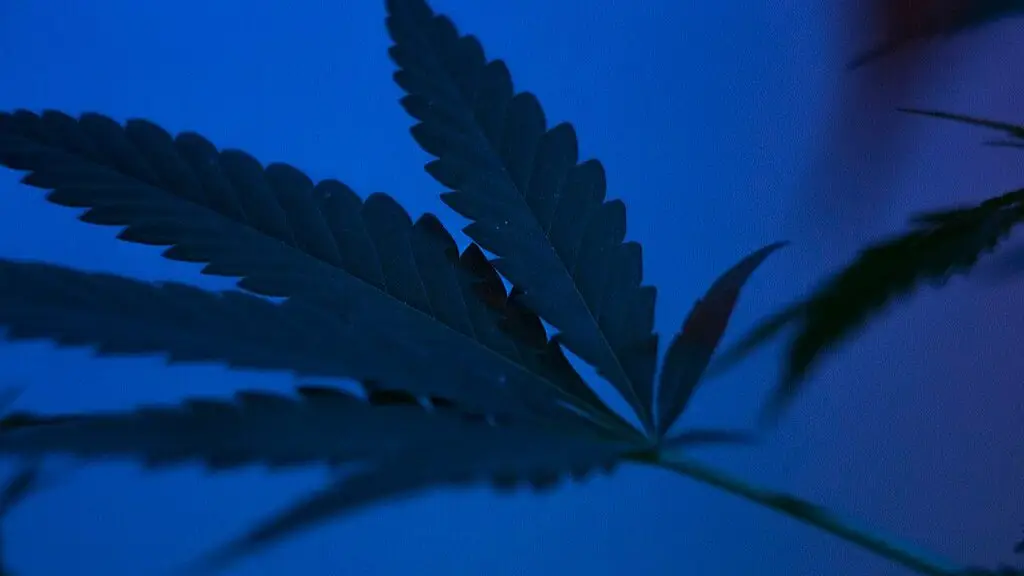In the rapidly evolving world of cannabis products, understanding the nuances between different compounds is crucial for both consumers and health professionals. Two cannabinoids that have garnered significant attention are Delta 8 and Delta 9 tetrahydrocannabinol (THC). Though they share similarities, including their psychoactive properties and chemical structures, there are key differences that influence their legality, effects, and availability. This article delves into the distinctions between Delta 8 and Delta 9 THC, offering insights into their unique attributes.
Chemical Structure of Delta 8 and Delta 9
At a glance, Delta 8 and Delta 9 THC appear nearly identical, but a closer look at their chemical structures reveals a subtle difference that significantly impacts how they interact with the body’s endocannabinoid system. The numbers “8” and “9” refer to the position of a double bond in their chemical structure. Delta 9 THC has this bond on the ninth carbon chain, whereas Delta 8 THC has it on the eighth. This slight variation affects their affinity for cannabinoid receptors in the body, altering their potency and effects.
Psychoactive Effects
One of the most discussed differences between Delta 8 and Delta 9 THC is their psychoactive effects. Delta 9 THC is known for its potent psychoactive properties, producing strong feelings of euphoria, altered perception, and, in some cases, anxiety or paranoia. In contrast, Delta 8 THC offers a milder psychoactive experience. Users often report a clearer high with less anxiety and paranoia, making it a preferred choice for those sensitive to the more intense effects of Delta 9 THC.

Legality of Delta 8 and Delta 9
Delta 9 THC in Texas
In Texas, Delta 9 THC, the primary psychoactive component found in marijuana, is illegal for recreational use. The state has established a medical cannabis program under the Compassionate Use Program, which allows for the use of low-THC cannabis (not exceeding 0.5% by weight of THC) for patients with certain qualifying conditions. This program is strictly regulated, requiring a physician’s prescription and adherence to specific dosages and formulations.
Delta 8 THC in Texas
The legal status of Delta 8 THC in Texas has been subject to debate and legal challenges. Following the 2018 Farm Bill, which federally legalized hemp-derived products containing less than 0.3% Delta 9 THC, Delta 8 THC derived from hemp was initially considered legal in Texas. However, state authorities have since sought to clarify the legal standing of Delta 8, citing concerns over its psychoactive effects and the lack of regulatory oversight.
In 2021, the Texas Department of State Health Services (DSHS) attempted to place Delta 8 THC on the state’s list of controlled substances, effectively making it illegal. This move was met with legal challenges from Delta 8 advocates and businesses, leading to a temporary restraining order against the DSHS’s ban. As of my last update, the legal status of Delta 8 THC in Texas remains in a state of flux, with ongoing legal battles likely to shape its future accessibility and regulation.
Staying Informed and Compliant
For consumers and businesses alike, the evolving legal landscape around Delta 8 and Delta 9 THC in Texas underscores the importance of staying informed about current laws and regulatory updates. It is advisable to consult legal experts or official state resources for the most up-to-date information on the legality of cannabis derivatives in Texas. Compliance with state laws is essential to navigate the complexities of cannabis use and distribution responsibly.
Availability
The differences in legality between Delta 8 and Delta 9 THC directly impact their availability. Delta 9 THC products are predominantly available in states that have legalized marijuana for recreational or medicinal purposes, often sold in licensed dispensaries. Legal hemp allows for the derivation of Delta 8 THC, making it available in a broader array of locations, such as online stores, as long as it complies with the 2018 Farm Bill’s legal standards. However, consumers should be cautious and informed about their local laws regarding Delta 8 THC.
Safety and Side Effects
Both Delta 8 and Delta 9 THC can cause side effects, such as dry mouth, red eyes, and short-term memory impairment. However, due to the higher potency of Delta 9 THC, the risk of experiencing anxiety, paranoia, and other negative psychoactive effects is generally higher compared to Delta 8 THC. It’s important for consumers to consider their own sensitivity to THC and to start with lower doses, especially when trying a new product.
Making an Informed Choice Regarding Delta 8 and Delta 9 Use
Choosing between Delta 8 and Delta 9 THC depends on a variety of factors, including desired effects, legal considerations, and personal tolerance levels. Consumers should research and consider the distinct properties of each compound to make informed decisions that align with their health and wellness goals.
Marijuana Addiction and Finding Support at Texas Recovery Centers
While the conversation around cannabis often focuses on its therapeutic benefits and legalization efforts, it’s important to acknowledge that, like any substance, it has the potential for misuse and addiction. Marijuana addiction, sometimes referred to as cannabis use disorder, is a condition that can affect individuals’ lives, relationships, and health. Recognizing the signs of addiction and knowing where to find support are crucial steps towards recovery. Texas Recovery Centers offer specialized programs aimed at addressing marijuana addiction, providing a supportive environment for individuals seeking to overcome their dependence.

Recognizing Marijuana Addiction
The characterization of marijuana addiction comes from the inability to cease drug use despite the resulting health issues, distress, or interference with personal obligations. Key signs of addiction include:
- Increased tolerance to cannabis, needing more of the substance to achieve the same effects.
- Experiencing withdrawal symptoms when not using marijuana, such as irritability, mood swings, sleep difficulties, and cravings.
- Spending a significant amount of time obtaining, using, and recovering from cannabis.
- Failing to fulfill major role obligations at work, school, or home due to marijuana use.
- Continuing to use marijuana despite it causing problems in relationships or social settings.
Support and Treatment at Texas Recovery Centers
Texas Recovery Centers understand that overcoming marijuana addiction is a complex process that requires a personalized approach. The centers offer a range of services designed to support individuals through every stage of recovery:
- Assessment: A comprehensive evaluation helps tailor the treatment plan to the individual’s specific needs, considering the severity of the addiction and any co-occurring mental health disorders.
- Detoxification: Although withdrawal from marijuana is not life-threatening, it can be uncomfortable. A supervised detox process ensures that individuals can safely manage withdrawal symptoms.
- Therapy and Counseling: Through individual and group therapy sessions, patients explore the underlying causes of their addiction, develop coping strategies to deal with cravings, and work on repairing relationships affected by their substance use.
- Aftercare Planning: Recovery from addiction is an ongoing process. Texas Recovery Centers provide aftercare planning services, including support groups and relapse prevention strategies, to help individuals maintain their sobriety after leaving the treatment program.
- Holistic Approaches: Recognizing the importance of treating the whole person, the centers also offer holistic therapies aimed at improving overall well-being and reducing the risk of relapse.
Taking the First Step Towards Recovery
Acknowledging the need for help is the first step on the path to recovery. Texas Recovery Centers are here to provide the support and care necessary to overcome marijuana addiction. With a focus on compassionate, individualized treatment, the centers offer a pathway to a healthier, substance-free life.
If you or someone you love is struggling with marijuana addiction, don’t wait to seek help. Contact Texas Recovery Centers today at 888.354.2194 to learn more about their programs and how they can assist you on your journey to recovery. Recovery is possible, and Texas Recovery Centers are dedicated to helping you achieve it.













